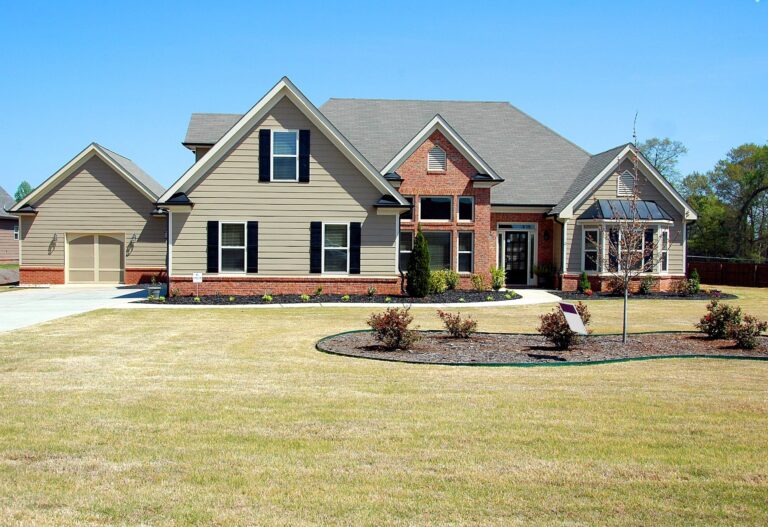The Process of Buying Foreclosed Homes
Buying a foreclosed home can be an exciting prospect, offering potential deals below market value. However, it's also a unique process with its own set of challenges and considerations. Here's a breakdown of the key steps involved


Research and Preparation
- Educate yourself:Familiarize yourself with the foreclosure process in your state, including timelines, legalities, and potential risks.
- Get pre-approved:Secure mortgage pre-approval to demonstrate your financial ability and expedite the buying process.
- Assemble your team:Enlist a real estate agent experienced in foreclosures and a qualified attorney to guide you through legal complexities.
.
Finding Foreclosed Homes
- Explore resources:Check bank websites, listing platforms (including foreclosure listings), and auction house websites for available properties.
- Network with real estate professionals:Your agent can connect you with off-market foreclosure opportunities.
- Attend foreclosure auctions:Be prepared for competitive bidding and ensure you understand the auction terms and risks.


Making an Offer
- Research comps:Analyze comparable properties in the area to determine a fair offer price.
- Consider repairs and renovations: Factor in potential repair costs when making your offer, as foreclosed homes are often in disrepair.
- Cash offers hold weight:Consider a cash offer if possible, as it can be more attractive to sellers than financing contingencies.
Due Diligence and Inspection
- Thorough inspection is crucial:Hire a qualified inspector to assess the property's condition, identifying any structural issues, plumbing or electrical problems, and potential code violations.
- Title search:Conduct a title search to uncover any liens, encumbrances, or ownership claims that could hinder your purchase.
- Review legal documents:Scrutinize all agreements and disclosures with your attorney to ensure everything is in order.


Closing the Deal
- Negotiate final terms: Work with your agent and attorney to negotiate the final purchase price, closing costs, and any repair contingencies.
- Secure homeowners insurance:Obtain insurance coverage before closing to protect your investment.
- Finalize paperwork and closing:Ensure all documents are signed, funds are transferred, and title is transferred to your name.
